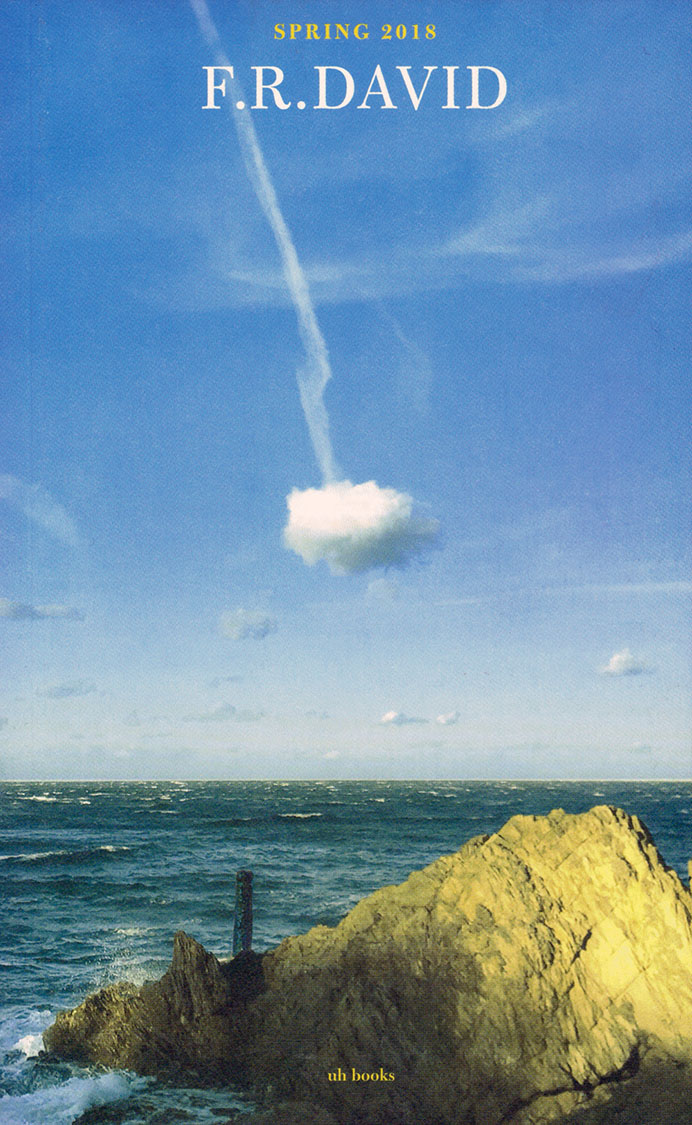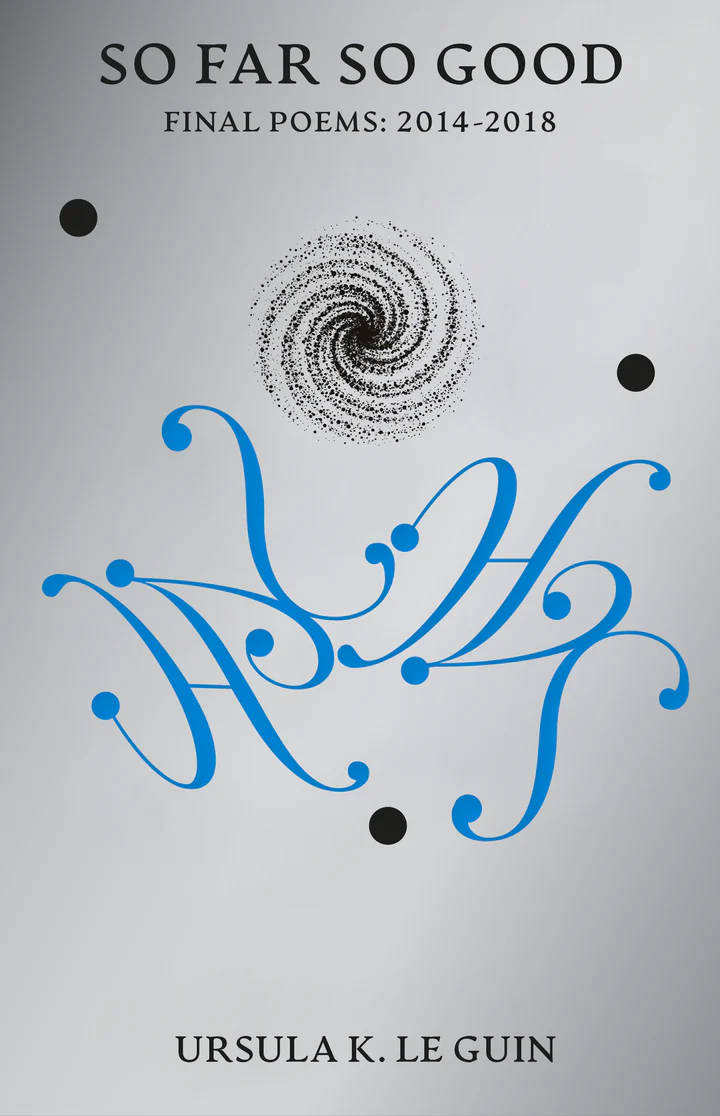
The Mill
Will Holder ed., Jesse Birch ed.
The Mill is the second of three projects to engage the resource industries of Vancouver Island (mining, forestry, and fisheries) through contemporary art and writing. This publication responds to forestry: a mobile industry of logging camps that follow the trees; prices that rise and fall; mills that open and close; communities that boom and bust. In The Mill, artworks are accompanied by a multiplicity of voices, including forestry workers, plant ecologists, and indigenous land stewards. Together, these perspectives chart the cultural and material shifts brought about when trees become commodities.
The Mill is a project that emerged on Vancouver Island to follow a thematic path from the microcosms of the forest floor to the quantifying and processing of lumber and the global distribution of forestry products. Expanded from two exhibitions at the Nanaimo Art Gallery, “Silva Part I: O Horizon” and “Silva Part II: Booming Grounds,” this book examines forgotten or under-acknowledged histories, while considering both local sites and forms of cultural expression that surround international forestry practices.
Contributions by Celestine Aleck, E. Richard Atleo (Umeek), Marian Penner Bancroft, Myrtle Bergren, Al Bersch & Leslie Grant, Peter Culley, Wilmer Gold, Bus Griffiths, Robert Guest, Jason de Haan & Miruna Dragan, Richard Hebda, Robin Wall Kimmerer, Ursula K. Le Guin, Duane Linklater, Liz Magor, George Sawchuk, Carol Sawyer, W. G. Sebald, Kathy Slade, Kate Stefiuk, Kika Thorne, Nancy Turner, Fred Wah, Elias Wakan, Merv Wilkinson, Anne Pask-Wilkinson, Ashes Withyman.
Graphic design: Will Holder.
Language: English







